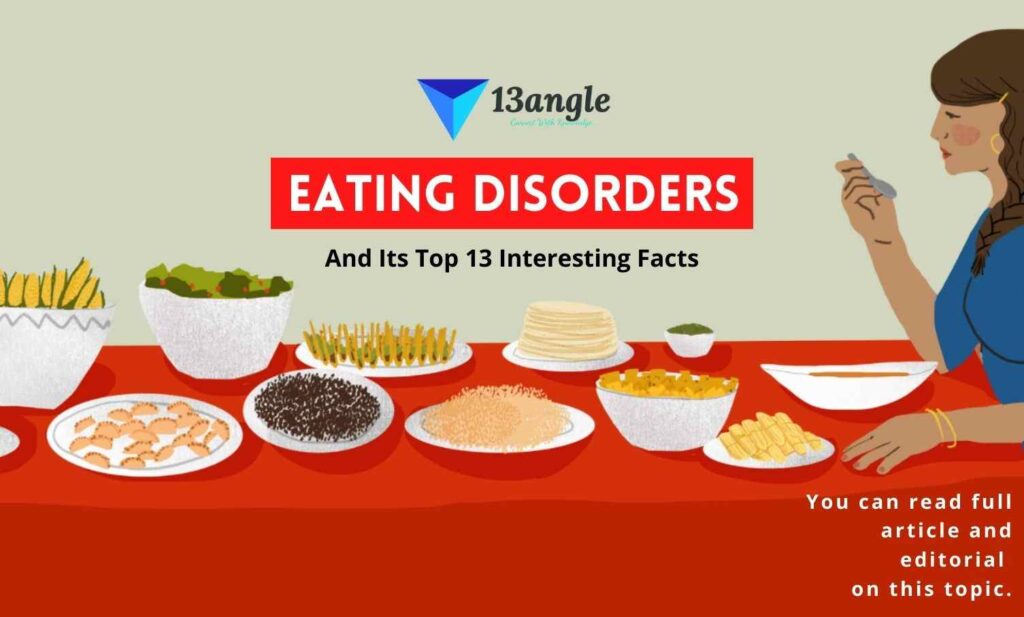As mentioned earlier, eating disorders are generally caused by social, psychological and biological conflicts. But new research suggests that genetics may be taking a huge role in influencing eating disorders.
The media can be targeted for developing images incorrectly portraying the reality of the human body. But the real question is what motivates one to romanticize the idea of a perfect body? As researchers and scientists continue to investigate the influence of genetics, it has come to notice that environmental factors combined with genetics play a significant role in the formation of body image. Research published in the International Journal of Eating Disorders analyzed the genetic influence on thin-ideal internalization. Thin-ideal internalization refers to the extent of measures taken by an individual to reach an approximation of the socially created ideal of attractiveness. This study differed from most research as it sought to discover the interplay between genes and environmental factors in thin-ideal internalization. The study was conducted by a team of researchers at Michigan State University. They interviewed 300 female twins, evaluating how much they desired to look like people displayed in mass media. This is how they measured the “thin-ideal internalization.” What they came to observe was that the scores on thin-ideal internalization seemed to be much closer to each other who were identical twins compared to fraternal twins. Identical twins share 100% of their genes whereas fraternal twins share 50% of their genes. Based on this data, the researchers concluded that genetics does indeed play an integral role in body image issues. They approximated that the heritability of thin-ideal internalization is 43%. They also came to see that shared environmental factors did not have as much impact as shared genetics.
- Advertisement -
As society and culture grow, people and young minds are constantly influenced by unrealistic body images and standards. But, the influence of media can be greater on some than others, indirectly influencing our body image. As research has supported, this can be directly correlated to genetics. Recent research by the University of North Carolina and published in the American Journal of Psychiatry, suggested that people with anorexia nervosa had specific genetic anomalies on chromosome 12. After research and study on the DNA of the anorexic, it was found that those with anorexia all had something in common. They had a significant locus on chromosome 12 causing more vulnerability to eating disorders. This also gave proof that biological factors are involved in the development of eating disorders.
Why is it necessary to study the role of genetics on eating disorders? What will it change? It is very necessary to study the effect of genetics on body image formation because it could help change the mindset and destroy the stigmas based on eating disorders and mental illnesses. This could further lead to the overall development and health of society as more and more people reach out to seek treatment. Knowing that eating disorders are more than just a desire to be then and other illnesses like depression is more than just being sad, this will brighten and enlighten the minds of the youth bringing them inspiration to seek help and to eliminate judgment on those who require help. Further, treatment modes can be modified and developed to work more accurately and effectively for the betterment of the patients.

For deep details, you can read the full article. Click the link below :





